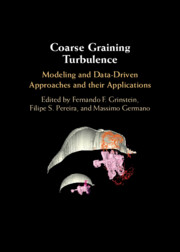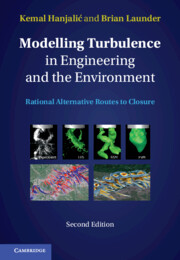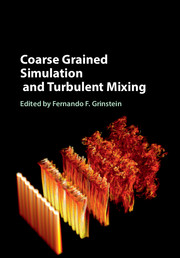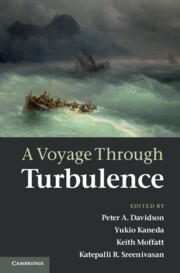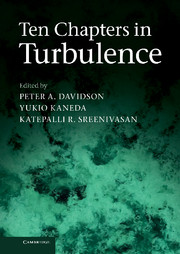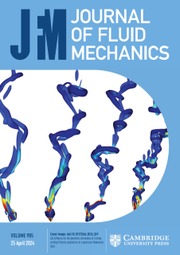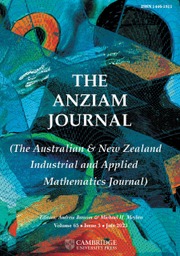Coarse Graining Turbulence
We live in a turbulent world observed through coarse grained lenses. Coarse graining (CG), however, is not only a limit but also a need imposed by the enormous amount of data produced by modern simulations. Target audiences for our survey are graduate students, basic research scientists, and professionals involved in the design and analysis of complex turbulent flows. The ideal readers of this book are researchers with a basic knowledge of fluid mechanics, turbulence, computing, and statistical methods, who are disposed to enlarging their understanding of the fundamentals of CG and are interested in examining different methods applied to managing a chaotic world observed through coarse-grained lenses.
- Provides a comprehensive overview of methods used to compute turbulent flows
- Opens with chapters exploring the mathematical and computational aspects of coarse graining
- Part II deals with turbulence modeling difficulties and frontier applications
Product details
February 2025Hardback
9781009377348
580 pages
261 × 185 × 36 mm
1.26kg
Available
Table of Contents
- Prologue. Coarse graining turbulence
- Part I. Paradigms and Tools:
- 1. Numerical simulations and coarse graining Fernando F. Grinstein
- 2. An overview of scale-resolving simulation models for practical flows Filipe S. Pereira
- 3. Filtering approaches and coarse graining Massimo Germano
- 4. Filtered density function: a stochastic closure for coarse grained simulation Hua Zhou, Peyman Givi and Zhuyin Ren
- 5. Symmetries, subgrid-scale modeling, and coarse graining Martin Oberlack and Dario Klingenberg
- 6. Coarse graining turbulence using the Mori–Zwanzig formalism Eric Parish and Karthik Duraisamy
- 7. Data-driven modeling for coarse graining Richard D. Sandberg and Markus Klein
- 8. Verification, validation, uncertainty quantification, and coarse graining Filipe S. Pereira, William J. Rider, Fernando F. Grinstein and Luís Eça
- Part II. Challenges:
- 9. Transition to turbulence Daniel M. Israel
- 10. Wall-bounded turbulence Robert D. Moser and Prakash Mohan
- 11. Scale-by-scale non-equilibrium in turbulent flows John Christos Vassilicos and Jean-Philippe Laval
- 12. Coarse graining in multiphase flows: from micro to meso to macroscale for Euler–Lagrange and Euler–Euler simulations S. Balachandar
- 13. Coarse graining for thermal flows Himani Garg, Gustav Karlsson, Lei Wang and Christer Fureby
- 14. High-order simulations of supersonic combustion Yun-Qin He and Guo-Zhu Liang
- 15. Coarse graining supersonic combustion Christer Fureby and Tommie Nilsson
- 16. Transition and multiphysics in inertial confinement fusion capsules Fernando F. Grinstein, Vincent P. Chiravalle, Brian M. Haines, Robert K. Greene and Filipe S. Pereira
- 17. Firestorms, fallout, and atmospheric turbulence induced by a nuclear detonation Jon Reisner, Eunmo Koo, Alexander Josephson and Alexander L. Brown
- Epilogue. Outlook on coarse graining turbulence
- List of Abbreviations
- Index.

